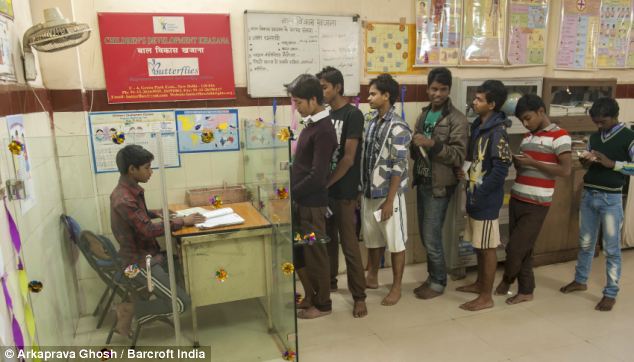- About
- Topics
- Picks
- Audio
- Story
- In-Depth
- Opinion
- News
- Donate
- Signup for our newsletterOur Editors' Best Picks.Send
Read, Debate: Engage.
| April 08, 2020 | |
|---|---|
| topic: | Child rights |
| located: | Serbia, Turkey |
| by: | Katarina Panić |
Totalitarian societies, such as communists-led Yugoslavia, cultivate obedience. A good citizen is an obedient citizen. An obedient citizen believes what the system says. Even if not, he does not question authority. Especially not if authority wears the uniform, any uniform: policeman, soldier, firefighter, postman, doctor. So even if you heard your healthy baby's first cry, you held it in your arms, you breastfed it, you trust your doctor that sudden, unexpected complications appeared.
It is estimated up to 10,000 babies were missing in former Yugoslavia from the 60s to 80s. In Serbia today there are some 1,500 reported cases. After the fall of communism, the questions started to be posed. So did the communication between the parents with a similar painful experience. The answers were equally illogical or too coincidental. The records about children were destroyed in a flood or a fire. The body was cremated. However, the particular area never had a crematorium. The protocol of birth says it is a boy. The record of death says it is a girl.
Moreover, the names of specific doctors and individual registrars have appeared too often. Obstetricians have witnessed unknown people have been entering maternity wards with gynaecologists, touring the rooms and having hidden conversations. Parents claim children were kidnapped and then given up for adoption for money.
"If he is in the country or abroad, I can't say, but I'm sure he is alive", one of the mothers Mirjana Novokmet told local media. She used to tour the Belgrade playgrounds in years after she left the hospital, hoping she would recognise her baby boy.
In 2013 the European Court of Human Rights, ECHR issued a verdict in the case of Zorica Jovanović versus Serbia finding the state guilty of failing to provide families with the due information concerning the fate of these lost newborns. The court obliged Serbia to establish a mechanism to offer individual redress to all parents in the same situation. The court also ordered Serbia to pay Jovanović 10,000 Euros in non-pecuniary damages.
Back in 1983, Zorica Jovanović gave birth to a healthy boy in a hospital in the town of Ćuprija. The day after the doctor told her that the child had died. She wasn't allowed to see the body because it had been sent for an autopsy in capital Belgrade.
"My husband and his brother launched their investigation after they found out there was no record in the register of deaths", she recalls.
The ECHR also demanded that authorities create a mechanism to provide answers to parents in similar situations. It took seven years for Serbia to adopt the law to deal with the decades-old scandal involving hundreds of families who suspect their babies were stolen at birth. The state was likely to compensate the parents rather than investigate the cases. However, the parents gathered in a few associations, rose their voices against such a bill. They ask for DNA data basis since some families have been reunited through the matches. They also insist on opening the secret police archives. They believe the whole operation couldn't have been conducted without state involvement.
"We don't want the money. We want the truth. We want our children", Ana Pejić, one of the mothers told local media. She gave birth to a baby girl in 1988 in the town of Sremska Mitrovica. Two days after she was told the baby had died with no further explanation. She wasn't allowed to see the body, nor her husband was.
"It was deeply suppressed in me. I never talked about it with anyone, not even in the house, with my husband or with my son", she added.
Recently the Turkish TV had broadcasted the documentary on the missing babies affair. One nurse recalled they usually were surprised if a healthy baby in excellent condition suddenly dies. It often happened after the visits of men who weren't staff and who shouldn't be in the baby boxes under any circumstances.
"It usually happened that the gynaecologist who led the delivery reported that the baby had passed away. Sometimes we used to believe it; sometimes it used to be weird", she told Turkish journalists.
Among most upsetting parts is witnessing of man who said he adopted the child, choosing between one baby for some 5,000 Euros or twins for 7,500 Euros.
"I was told money goes to an orphanage", he said. He was explained these are the babies of young girls not being married, and therefore they had to hide the pregnancy from their parents.
"I put on white a white coat, and with my doctor and nurse, I entered the room where the women who gave birth were. I saw a young woman, then about 20 years old who looked like my wife. I put my hand on her bed. That was a sign", he said. Then he was brought to a baby box. "When the doctors said: Choose!, I realised something was wrong ", he said.
By copying the embed code below, you agree to adhere to our republishing guidelines.

